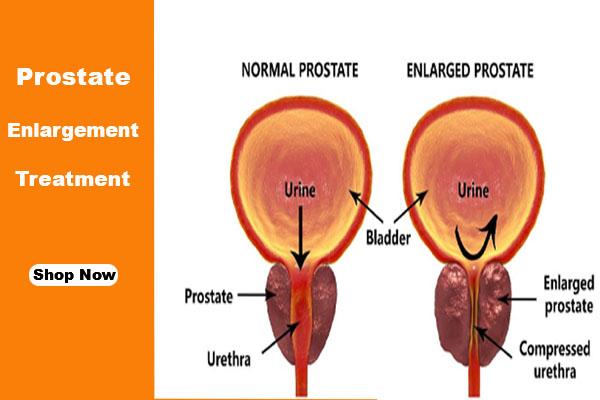Table of contents [Show]
The Connection Between Exercise and Immune System Health
In today's fast-paced world, having good immunity is more important than ever. While a good diet, enough sleep, and managing stress all help build a stronger immune system, one effective but often overlooked hero is exercise. Science has shown that regular exercise actually boosts your immune system, helping your body fight off infections and diseases more effectively. But how, exactly, does exercise make your immune system stronger? Let's look at the science and practical benefits of being physically active for better immunity.
Getting to Know the Immune System
Your immune system is a complex network of organs, cells, and proteins that protects your body from outside threats like viruses, bacteria, and toxins. It includes white blood cells, antibodies, your lymphatic system, and more. A healthy immune system can spot and fight off threats before they cause serious harm. But stress, poor nutrition, not enough sleep, and an inactive lifestyle can weaken your immune response. That's where a regular exercise routine comes in as a powerful boost.
How Exercise Strengthens Immunity
1. Better Circulation for Immune Cells
Moderate exercise boosts blood flow, which helps immune cells travel through your body more efficiently. This allows your body to find and fight off infections faster. It is like giving your body's defense system a better way to get around.
2. Reduces Inflammation
Long-term inflammation can lead to many health problems, including a weaker immune system. Exercise helps control inflammation by boosting anti-inflammatory compounds and lowering harmful ones. This balance helps with long-term immune strength.
3. Stress Reduction
Exercise naturally reduces stress. It lowers cortisol the stress hormone which, when high, can weaken your immune system. Whether it is a run, a yoga class, or weight training, regular exercise will keep your mind and immune system balanced.
4. Boosts Lymphatic System
Your lymphatic system is also super important for immunity because it carries white blood cells and removes toxins from your body. Physical activity, especially exercises like walking, rebounding, or stretching, gets your lymph flowing so your body can detox more effectively.
5. Better Sleep, Stronger Immunity
Exercise leads to deeper and more refreshing sleep. Sleep is important because that is when your body repairs and replaces cells, including immune cells. Better sleep quality means better immune responses.
How Much Exercise Do You Need?
The good news is, you don't need to be a marathon runner to boost your immunity. Moderate, consistent activity is all you need.
Adults need at least 150 minutes of moderate-intensity aerobic exercise per week (like walking or cycling), or 75 minutes of intense activity (like running or HIIT). Strength training twice a week can also boost immune health and overall body function. Even 20–30 minutes of activity per day can make a noticeable difference over time.
Best Types of Exercise for Immune Support
Not all exercise is equally effective for immunity. Here are some of the best types:
- Walking: A daily walk can improve circulation, reduce stress, and gently boost your immune system.
- Yoga & Stretching: Reduces inflammation and stress, and encourages lymph flow and flexibility.
- Aerobic Activities: Running, swimming, dancing, and cycling get oxygen to your body and boost the circulation of immune cells.
- Strength Training: Benefits metabolic health, hormone balance, and muscle function all important for immune health.
- Tai Chi & Qigong: These slow-moving practices combine movement and breath to calm your nervous system and promote overall well-being.
Note: Overtraining or too much exercise without enough rest can weaken your immune system. Balance is key.
Exercise and Immunity in the Age of Viruses
In recent years, with global pandemics like COVID-19, public interest in immune health has grown. While no amount of exercise can make you completely immune to infections, it can certainly make illnesses less prolonged and severe. Studies show that people who do regular moderate exercise get fewer colds, recover faster, and have milder symptoms when sick compared to those who are inactive.
Tips to Begin and Be Regular
If you are new to exercise or haven't been active, here are some beginner tips:
1. Start slow: Begin with 10–15 minutes a day and gradually increase.
2. Choose what you enjoy : You're more likely to stick with workouts you like.
3. Schedule it in : Set a consistent time each day to move.
4. Mix it up : Try different types of exercise to avoid boredom and prevent plateaus.
5. Listen to your body : Take rest when needed. Recovery is part of the process.
Exercise is not just about building muscle or losing weight it is one of the most effective natural ways to boost your immune system. From boosting circulation and reducing inflammation to promoting better sleep and managing stress, physical activity is your daily defense for better health. If you want a simple, effective way to strengthen your immune defenses and feel your best, get moving today. Your immune system will thank you.

 Kefas Solomon
Kefas Solomon


Leave a comment
Your email address will not be published. Required fields are marked *